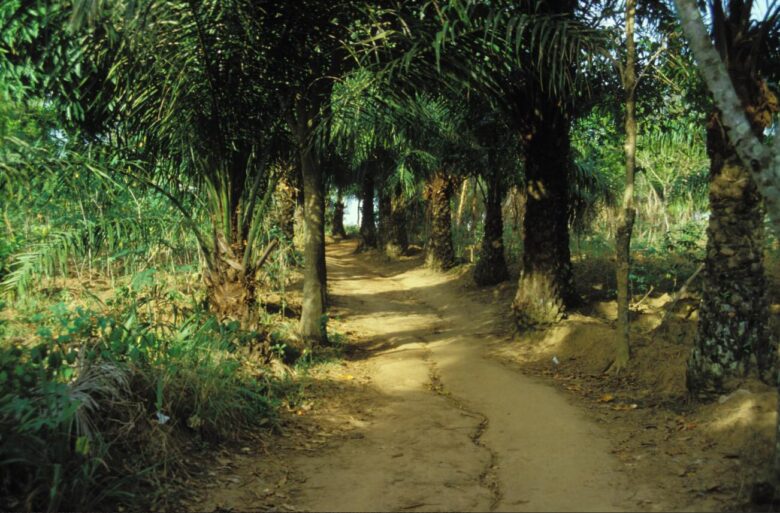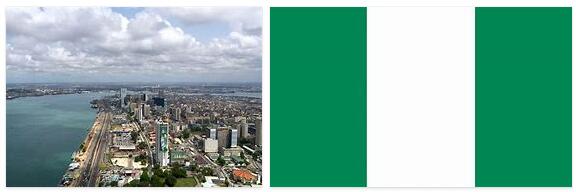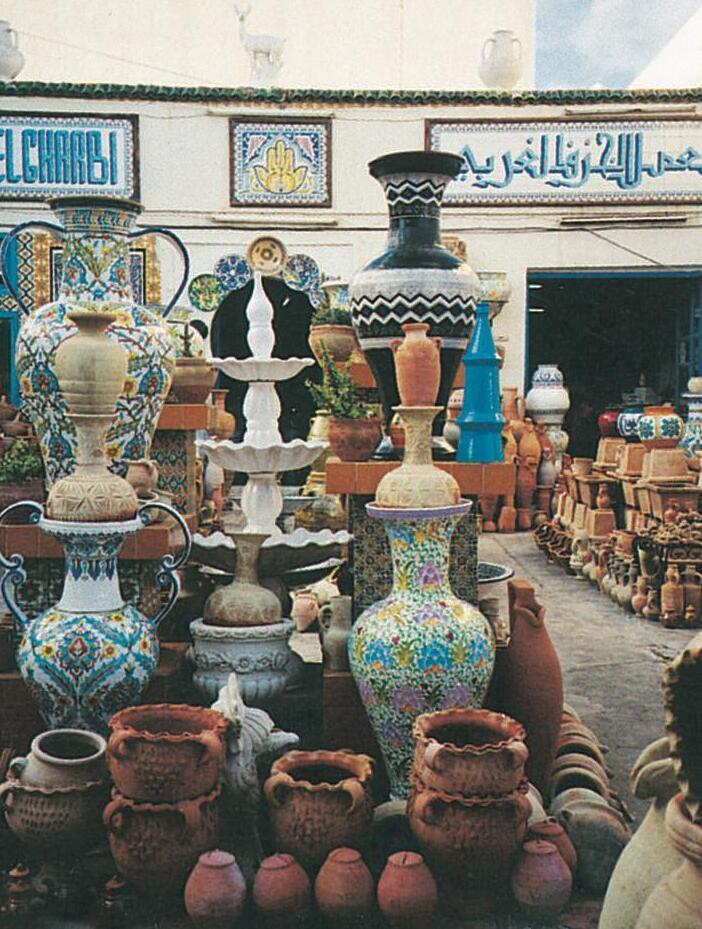Nigeria Road to Independence and Democratization
Nigeria under British rule
At the beginning of the 19th century, the British and the Portuguese began fighting for dominance over the area around Lagos. At the end of the 19th century, after several military operations, the British succeeded in consolidating their influence in the coastal regions of southern Nigeria. After conquering Lagos and wrestling it from Portuguese rule, they became active domestically. In 1861 Lagos became a British protectorate. In 1885, at the Berlin Congo Conference, the Niger area was recognized as a British sphere of influence. With the conquest of the Kingdom of Benin around 1897, the British ended their occupation of the entire southern part of Nigeria.
In 1900 the British “protectorates” of northern and southern Nigeria were founded. Under Governor F. Lugard, the inventor of the “indirect rule”, finally merged the three areas of rule – Lagos, southern and northern Nigeria – into a unified area of Nigeria called ” Colony and Protectorate of Nigeria “.
Road to independence
The time until independence on October 1st, 1960 was decided by three great Nigerian politicians – Dr. Nnamdi Azikiwe, Chief Obafemi Awolowo and Alhaji Ahmadu Bello – who are considered important figures in the independence movement.
After the First World War, the demands of the local population for participation in the administration of the colonial government became louder. Between 1944 and 1951, the first political parties were founded in the country based on ethnic-regional affiliations.
So Dr. Nnamdi Azikiwe in 1944 in the east of the country, where mainly the Igbos live, the party “National Council of Nigeria and the Cameroons (NCNC)”. The first party was founded in the north in 1949: The party called “Northern People’s Congress (NPC)” led by Alhaji Ahmadu Bello acted as a representative of the interests of the Hausa-Fulani. In the west of the country, another party was founded in 1951 under Chief Obafemi Awolowo with the “Action Group (AG)”, which served as a platform for the Yoruba.
The parties dominated in their respective regions and worked on the basis of the first constitution, “The Richard`s Constitution of 1946”, passed in 1946with the aim of promoting unity in Nigeria and ensuring greater participation of Nigerians in the discussion of their own concerns. Nigeria gained independence on October 1st, 1960. The first head of government was Alhaji Abubakar Tafawa Belawa from the Hausa ethnic group. The British Queen remained head of state until 1963 as Nigeria was a member of the Commonwealth. When Nigeria declared itself a republic in 1963, Dr. Nnamdi Azikiwe from the Igbo ethnic group, the first President of the Republic of Nigeria.
Democratization since 1999
After 29 years of military rule (1966-1979 and 1983-1999), Nigeria returned to democracy in 1999. In the February 1999 democratic elections, Olusegun Obasanjo was elected president. With his inauguration in May 1999, a new democracy, the so-called Fourth Republic, was born. In the April 19, 2003 presidential election, Obasanjo was elected for a second term. Obasanjo’s tenure was essentially characterized by political and economic reforms such as the fight against corruption, privatization of the energy sector and consolidation of the banking sector. With the presidential elections in April 2007, the eight-year term of office of Obasanjo, who was constitutionally prohibited, ended.
According to cheeroutdoor, the presidential elections held in April 2007 were characterized by fraud and manipulation. From them Alhaji Umaru Musa Yar`Adua emerged victorious. President Yar`Adua’s term of office was mainly characterized by his serious illness, from which he died on May 5, 2010. Apart from an amnesty for the militant groups in the Niger Delta, he was unable to successfully implement any point on his seven -point agenda until his death in May 2010.
After the death Yar`Aduas in May 2010, his vice president was Goodluck Ebele Jonathan as new president sworn in and in the April 2011 elections held officially confirmed as the new president. During his five-year reign, the Nigerian economy grew by 5% to 7% annually and Nigeria became the largest economy on the African continent. At the same time, however, his tenure was also marked by numerous corruption scandals, suicide bombings and kidnappings in the northeast of the country. The neglect of the education, health and agricultural sectors as well as the ailing state of the infrastructure are also part of the balance sheet of his years in government.
In the presidential elections on March 28, 2015, the former military ruler and opposition candidate defeated Muhammadu Buhari, the previous incumbent Goodluck Jonathan with 54.9% of the votes. These elections, which were praised by the international public as exemplary for Africa’s democracy, saw a democratic change of power in Nigeria for the first time since independence. During his first term in office from 2015 to 2019, President Buhari achieved partial success in the fight against Boko Haram and in the fight against corruption. At the same time, due to his poor state of health, the President was only able to govern to a limited extent and often received treatment in Great Britain for several months. Despite a rather sobering record of the first term, Buhari was re-elected for a second term in the presidential election on February 23, 2019.
The BBC news channel has put together a brief chronological overview of Nigeria’s recent history and images from 60 years of independence (1960-2020).



